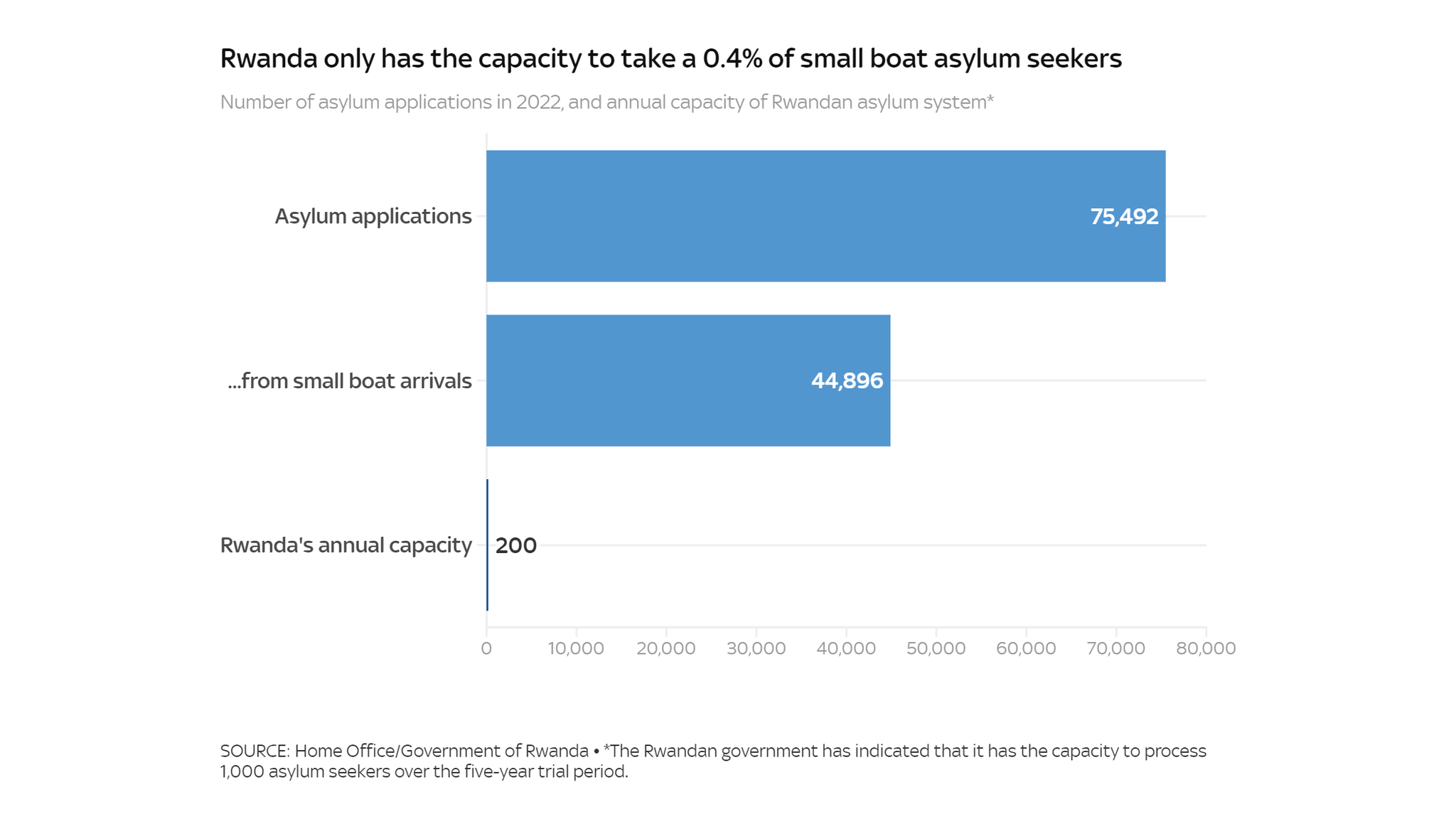The Complexities Of The Chinese Auto Market: Lessons From BMW And Porsche's Experience

Table of Contents
Understanding the Diverse Chinese Consumer Base
The Chinese market isn't homogenous. Consumer preferences for vehicle type, features, and brands vary significantly across regions – from the technologically advanced coastal cities like Shanghai and Beijing to the more price-sensitive inland areas. This diversity necessitates a highly localized marketing approach within the broader Chinese auto market.
Varying Preferences Across Regions:
- Strong demand for SUVs and electric vehicles (EVs) in urban centers: Megacities show a preference for larger vehicles and the latest technology, including electric and hybrid options. This reflects both a status symbol and a response to increasingly stringent emission regulations in these areas.
- Preference for fuel-efficient vehicles in smaller cities: In less affluent regions, fuel efficiency and affordability remain key priorities. This influences the demand for smaller, more economical vehicles, often prioritizing practicality over luxury features.
- Regional differences in brand loyalty and perception: Brand perception can differ drastically between regions. While a brand might enjoy high prestige in a coastal city, it might be less recognized or valued in a smaller city. This highlights the need for targeted marketing campaigns tailored to specific regional preferences.
The Rise of the Digital Consumer:
Chinese consumers are highly digitally connected, relying heavily on online platforms for research, reviews, and purchases. Understanding digital marketing strategies and online sales channels is crucial for success in the Chinese auto market. This digitally driven consumer base requires a robust online presence.
- Importance of social media marketing (WeChat, Weibo): WeChat and Weibo are vital for reaching Chinese consumers. Engaging content, influencer marketing, and targeted advertising campaigns are essential.
- Use of e-commerce platforms for sales and after-sales service: E-commerce giants like Alibaba and JD.com are increasingly important for both sales and customer service. Integrating these platforms into a comprehensive sales strategy is paramount.
- Growing influence of online reviews and ratings: Online reviews significantly impact purchasing decisions. Maintaining a positive online reputation through active engagement and addressing customer feedback is critical.
Navigating the Regulatory Landscape
China has increasingly stringent emission standards and government regulations impacting vehicle production, sales, and operation. Brands must invest in compliance and adapt to changing policies within the Chinese auto market. This regulatory environment necessitates proactive adaptation and strategic planning.
Strict Emission Standards and Government Regulations:
- Stringent NEV (New Energy Vehicle) mandates: The Chinese government is pushing for rapid adoption of electric vehicles through quotas and incentives. Meeting these mandates is crucial for continued market access.
- Complex import and localization regulations: Navigating import tariffs and localization requirements can be complex. Strategic partnerships and localized production can significantly mitigate these challenges.
- Ever-changing safety and environmental regulations: Regulations are constantly evolving. Brands need to stay informed and adapt their products and processes accordingly to remain compliant within the Chinese auto market.
The Importance of Local Partnerships and Joint Ventures:
Collaborations with local Chinese manufacturers are often beneficial for navigating the regulatory landscape and gaining access to the domestic supply chain within the Chinese auto market. These partnerships offer advantages but also require careful consideration.
- Benefits of joint ventures in terms of market access and production efficiency: Joint ventures provide access to established distribution networks and manufacturing capabilities, reducing barriers to entry and improving operational efficiency.
- Challenges of sharing intellectual property and control: Sharing intellectual property and relinquishing control can pose significant risks. Careful contract negotiation and selection of reliable partners are crucial.
- Importance of choosing reliable and reputable local partners: Selecting a trustworthy and experienced local partner is essential for success. Due diligence and thorough vetting are crucial steps in establishing a successful joint venture.
The Intense Competitive Landscape
The rise of competitive and technologically advanced Chinese auto brands poses a significant challenge to international players. Differentiation and innovation are critical for maintaining a competitive edge in the Chinese auto market. This increasingly competitive landscape demands a strong strategic focus.
Domestic Brands Gaining Market Share:
- Rising quality and features of domestically produced vehicles: Chinese manufacturers are rapidly improving the quality and features of their vehicles, making them increasingly competitive with international brands.
- Aggressive pricing strategies of Chinese automakers: Domestic brands often employ aggressive pricing strategies, putting pressure on international competitors' pricing models.
- Growing consumer preference for domestic brands: National pride and improved brand perception are leading to a surge in consumer preference for domestic vehicles within the Chinese auto market.
The Premium Segment: A Battleground for Luxury Brands:
The luxury segment, while lucrative, is highly competitive with established and emerging brands battling for market dominance within the Chinese auto market. Brand reputation, after-sales service, and personalized experiences are key differentiators in this segment.
- Importance of brand building and maintaining a strong brand image: Luxury brands must maintain a strong and consistent brand image, associating their brand with exclusivity, prestige, and superior quality.
- The role of personalized customer service and exclusive experiences: Providing exceptional customer service and offering unique experiences is paramount in attracting and retaining affluent customers.
- Competition from both established and emerging luxury brands: The luxury segment is highly contested, with both established international players and emerging Chinese luxury brands vying for market share.
Conclusion
The Chinese auto market presents both immense opportunities and significant challenges. As demonstrated by the experiences of BMW and Porsche, success hinges on a deep understanding of the diverse consumer base, meticulous navigation of the regulatory landscape, and the ability to thrive in an intensely competitive market. By learning from the successes and challenges of established players, aspiring entrants can better position themselves for success in this dynamic and ever-evolving Chinese auto market. Understanding the intricacies of the Chinese auto market is key to future success; thorough research and strategic planning are vital for any company considering entry or expansion into this crucial market.

Featured Posts
-
 National 2 28e Journee Victoire De Concarneau A Dijon 0 1
May 10, 2025
National 2 28e Journee Victoire De Concarneau A Dijon 0 1
May 10, 2025 -
 Solve Nyt Strands Puzzle 354 Thursday February 20th Hints And Answers
May 10, 2025
Solve Nyt Strands Puzzle 354 Thursday February 20th Hints And Answers
May 10, 2025 -
 Uk Visa Restrictions New Plans For Certain Nationalities
May 10, 2025
Uk Visa Restrictions New Plans For Certain Nationalities
May 10, 2025 -
 Three Countries Targeted In Uks Tougher Asylum Crackdown
May 10, 2025
Three Countries Targeted In Uks Tougher Asylum Crackdown
May 10, 2025 -
 Melanie Eiffel L Influence Maternelle Sur La Reussite De Gustave Eiffel A Dijon
May 10, 2025
Melanie Eiffel L Influence Maternelle Sur La Reussite De Gustave Eiffel A Dijon
May 10, 2025
